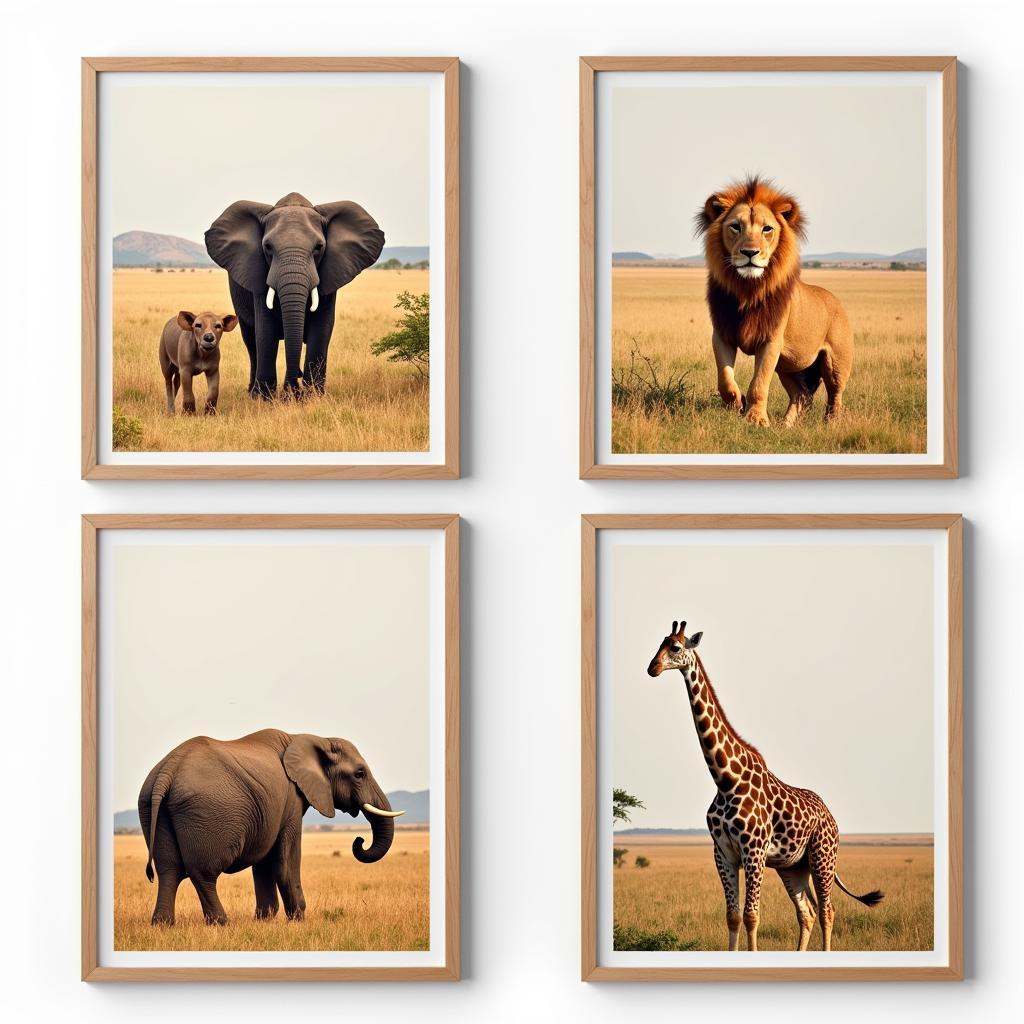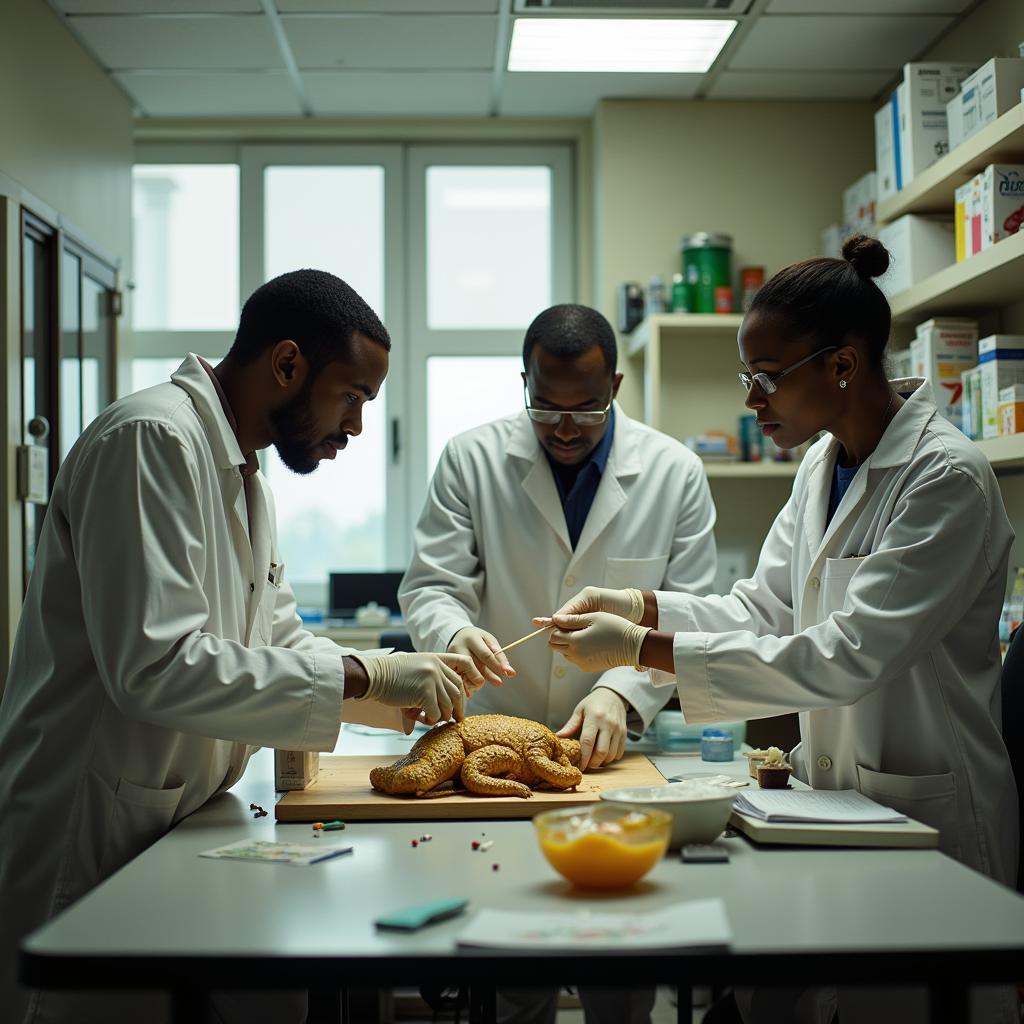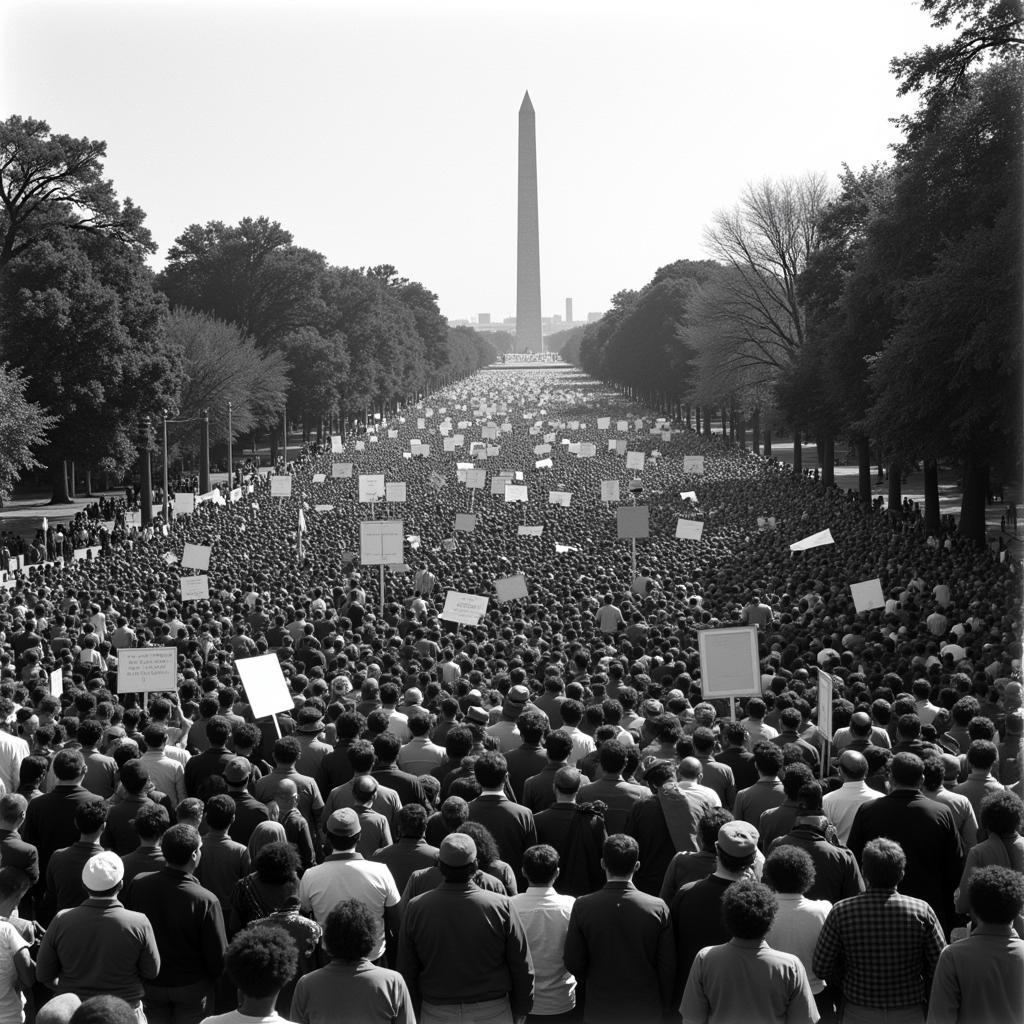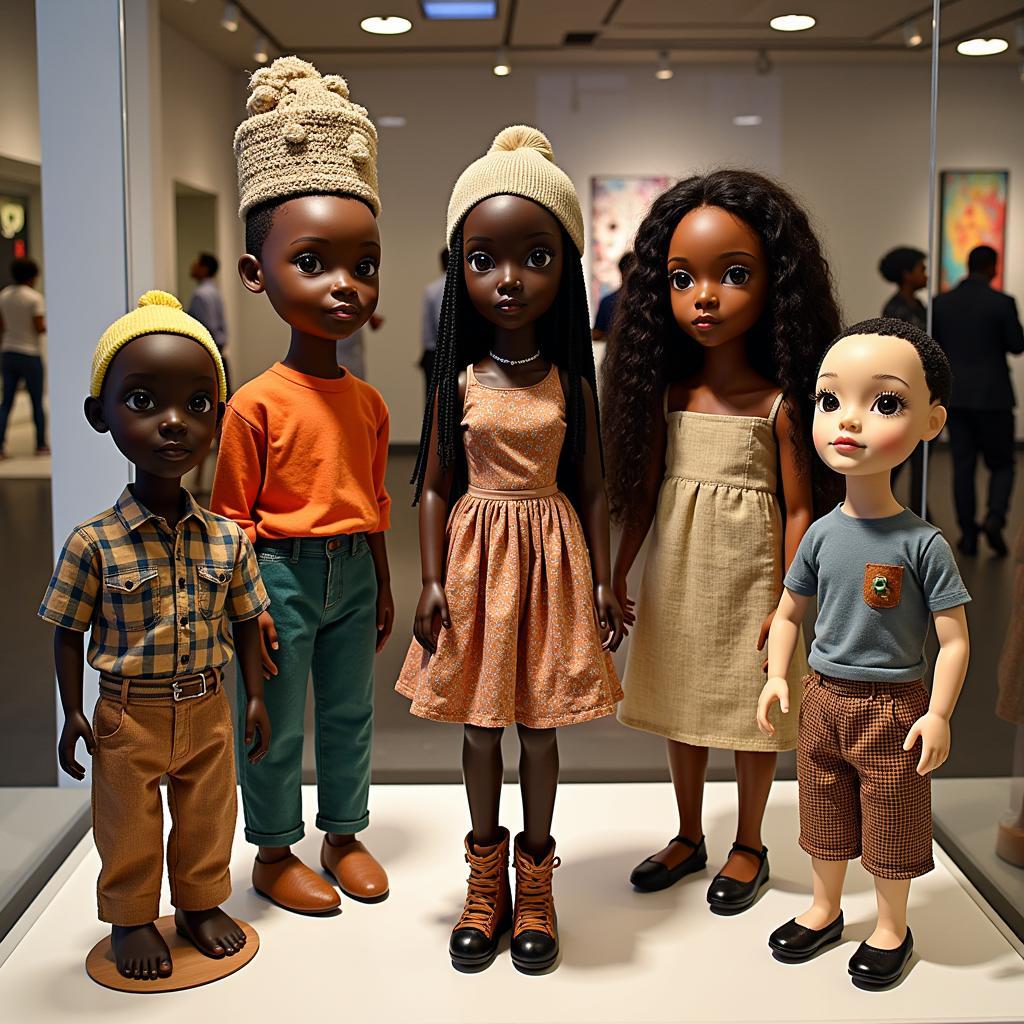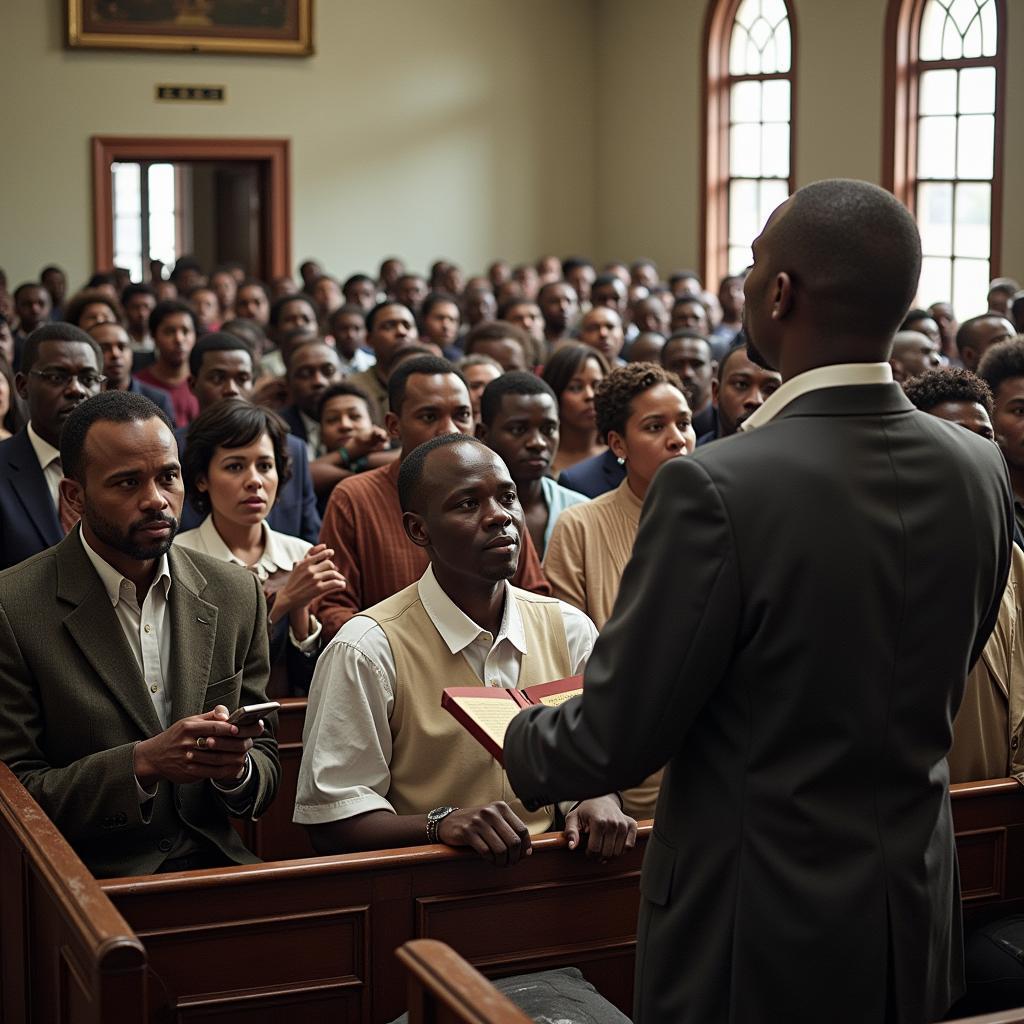African Homemade Costume Ideas for Boys’ Fancy Dress
Creating an African homemade costume for a boy’s fancy dress offers a fantastic opportunity to celebrate the continent’s rich cultural heritage. From the vibrant Maasai warrior to the regal Zulu chief, Africa offers a plethora of inspiring figures and traditions. This guide explores several DIY costume ideas, focusing on authenticity and ease of creation.
Embracing the Warrior Spirit: Maasai and Zulu Costumes
The iconic red shuka cloth and beaded jewelry of the Maasai warrior are instantly recognizable and relatively simple to recreate. A red sheet or fabric can serve as the base, draped over the shoulder and fastened at the waist. Beaded necklaces, bracelets, and headbands can be crafted from readily available materials or purchased affordably. Consider adding a spear or shield made of cardboard or wood, painted with traditional Maasai patterns. For a Zulu warrior costume, animal skin patterns can be painted onto a brown or black t-shirt and shorts. A headband adorned with feathers adds a touch of authenticity, while a Zulu shield and spear complete the look.
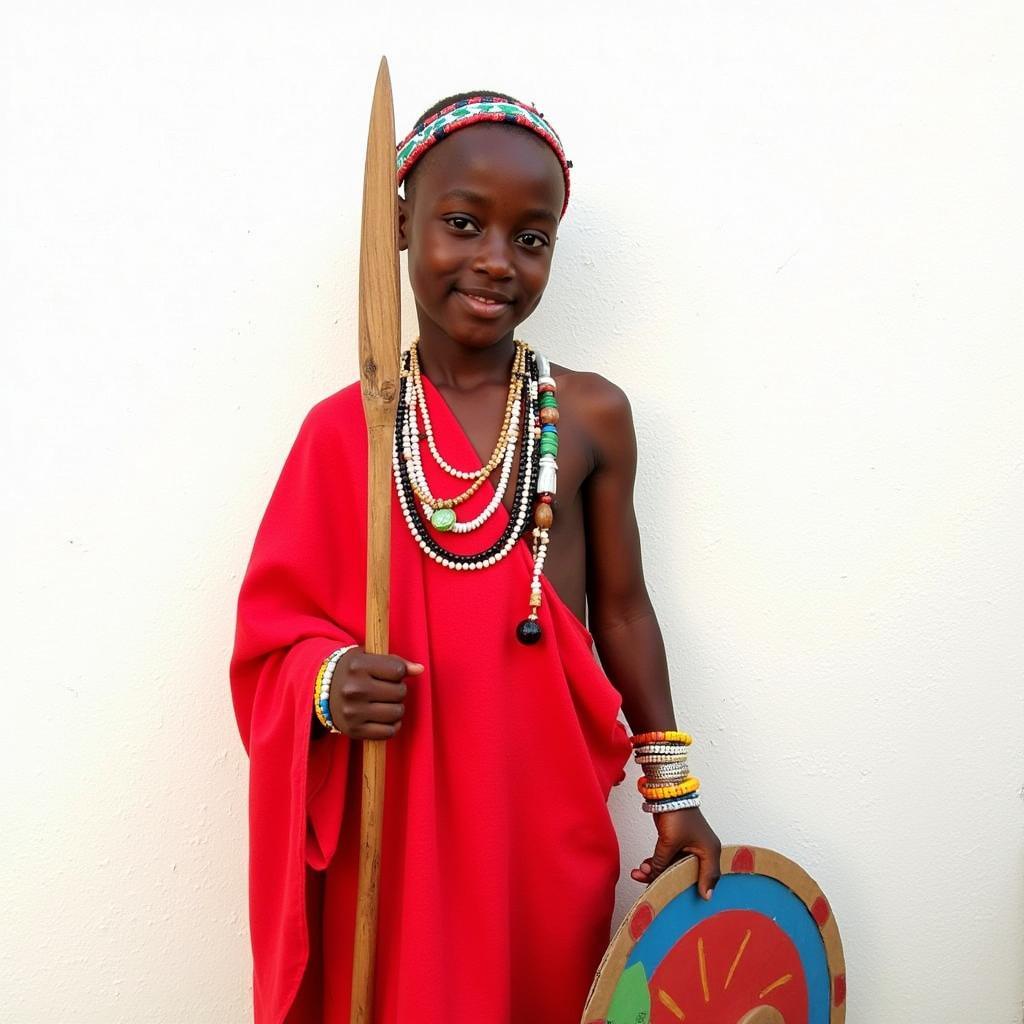 DIY Maasai Warrior Costume for Boys
DIY Maasai Warrior Costume for Boys
The key to crafting these costumes is to focus on the details. Researching authentic Maasai and Zulu attire will help ensure a respectful and accurate representation. Remember, these costumes are not just about dressing up; they are about appreciating and celebrating the cultures they represent.
Exploring West African Royalty: A Yoruba Prince Ensemble
A Yoruba prince costume offers a chance to explore the vibrant textiles and elaborate headwear of West Africa. A flowing agbada robe, typically made of richly colored fabric, forms the base of this outfit. This can be crafted from a large piece of fabric, draped and fastened at the shoulder. A matching fila (hat) is essential, and can be fashioned from stiff fabric or cardboard, decorated with intricate embroidery or embellishments. Adding a beaded necklace and bracelets completes the regal look.
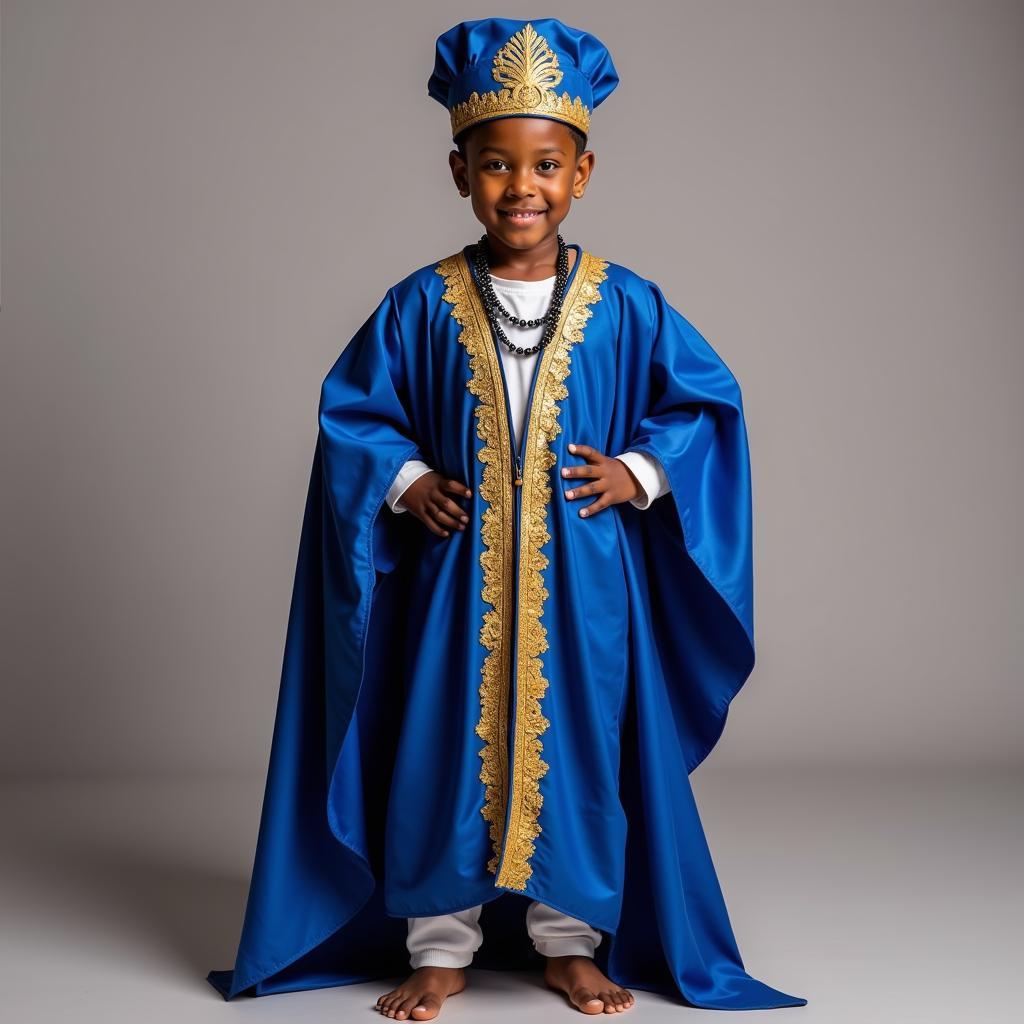 Handmade Yoruba Prince Costume for a Boy
Handmade Yoruba Prince Costume for a Boy
Consider using bold colors and patterns characteristic of Yoruba attire to create a truly stunning costume. Remember, the beauty of a homemade costume lies in the personalized touches and the effort invested in its creation.
Beyond the Outfit: Accessories and Makeup
No African costume is complete without the right accessories. Consider adding face paint or tribal markings using non-toxic body paint to enhance the authenticity of the chosen character. Simple drums or other musical instruments can also add an interactive element to the costume.
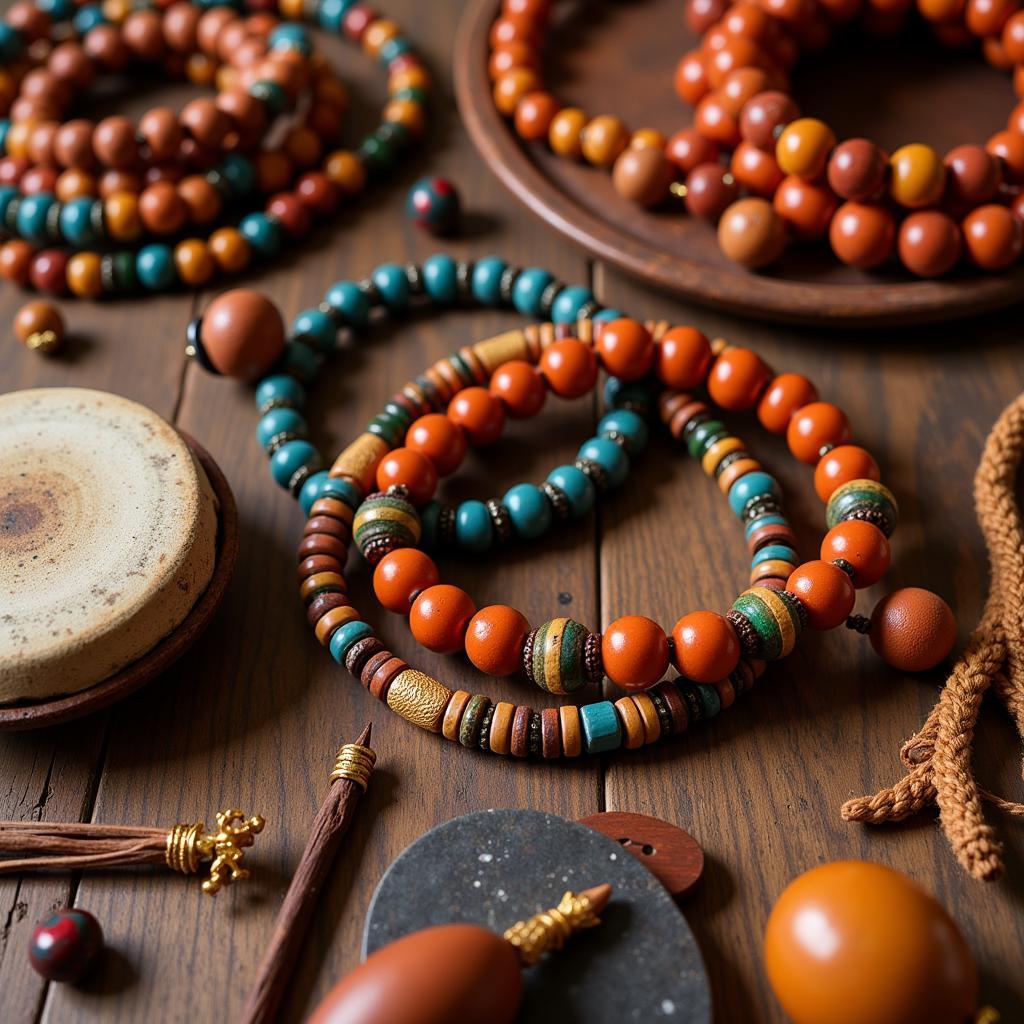 African Inspired Accessories for Boys' Costumes
African Inspired Accessories for Boys' Costumes
Crafting an Authentic and Respectful Costume
When creating an African homemade costume for a boy’s fancy dress, it’s crucial to approach the project with respect and sensitivity. Research is key. Understanding the cultural significance of the chosen attire helps avoid misrepresentation and ensures an authentic and meaningful costume.
Conclusion: Celebrating African Culture Through Homemade Costumes
Creating an African homemade costume for a boy’s fancy dress is a wonderful way to celebrate the continent’s diverse cultures and traditions. With a little creativity and research, you can craft a unique and meaningful costume that is both fun and educational. Remember, these costumes are not just about dressing up; they are about appreciating and honoring the rich heritage of Africa.
FAQ
- Where can I find affordable materials for an African costume?
- What are some easy-to-make African accessories?
- How can I ensure my costume is culturally sensitive?
- What are some other African-inspired costume ideas for boys?
- Where can I find information about traditional African clothing?
- How can I incorporate African face paint into my costume?
- What are some good resources for learning about African cultures?
Need More Help?
For further assistance with your African homemade costume for boy’s fancy dress, please contact us. We have a 24/7 customer service team ready to answer your questions. Call us at +255768904061, email us at kaka.mag@gmail.com, or visit us at Mbarali DC Mawindi, Kangaga, Tanzania.
